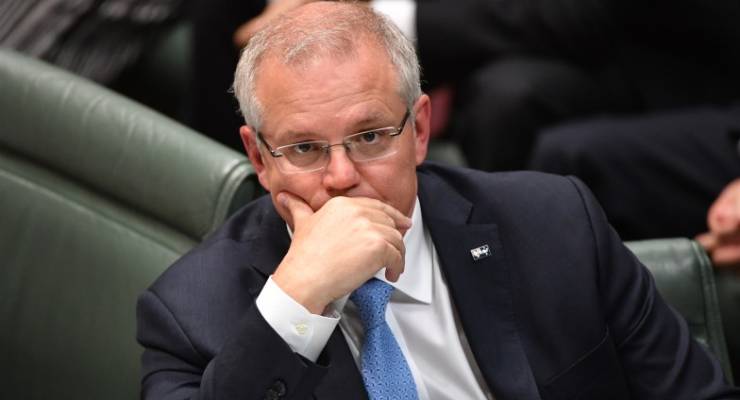
Readers had a few things to add yesterday to the speculation of where departing government MPs are going — whether it’s cushy jobs or super related, it’s definitely about money. Elsewhere, readers had notes on the now-legendary celebrity journalists of the 20th century, and on the contentious topic of heightened welfare spending under Coalition governments.
On MPs leaving the party
Kerry Henry writes: Another journalist suggested over the weekend that the Bishop and Pyne exits are more to do with preserving super entitlements that would be lessened significant if in opposition. Abbott’s punting he’ll be the new opposition leader, so his pay will go up, as well as his super entitlements.
Ian Farquhar writes: Really? Christopher Pyne — a brash, under-achieving, confrontational con-artist who never let the truth get in the way of a statement to parliament — is a “significant loss”? Pyne was supposed to be a minster of the Commonwealth, not used car salesman of the month.
Desmond Graham writes: Are you sure it’s not because after this election an MP’s retirement age goes from 55 to 65 — so any MP who wants to benefit from the present pension scheme and is approaching or younger than 55 will be able to draw about $1 million more rather than risk running and winning. Also there is a severance payment for “family reasons” that averages around $80,000. Members of both sides of the house are not contesting — they have done their sums.
On the disappearing celebrity journalist
Peter Schulz writes: Let’s not wax too lyrical over these guys. When they worked for commercial media, they were pretty good at prioritising confirmation bias over serious journalism (informing, educating, calling out power). If the commercial media confront their (mostly intellectually lazy) audience with new information that challenges their beliefs, said audience will switch off. Confirmation bias is the business model of commercial media.
On the Coalition’s welfare spending
Marcus Hicks writes: And what percentage of that welfare and health spending actually went to the people who genuinely needed it? From what I can see, a lot of that spending can be explained by paying privately owned service providers to deliver welfare-based services (just look at Indue and their $10,000 Cashless Welfare Cards).
Send your comments, corrections, clarifications and cock-ups to boss@crikey.com.au. We reserve the right to edit comments for length and clarity. Please include your full name if you would like to be considered for publication.







Crikey is committed to hosting lively discussions. Help us keep the conversation useful, interesting and welcoming. We aim to publish comments quickly in the interest of promoting robust conversation, but we’re a small team and we deploy filters to protect against legal risk. Occasionally your comment may be held up while we review, but we’re working as fast as we can to keep the conversation rolling.
The Crikey comment section is members-only content. Please subscribe to leave a comment.
The Crikey comment section is members-only content. Please login to leave a comment.